FC Schalke 04 logo vector
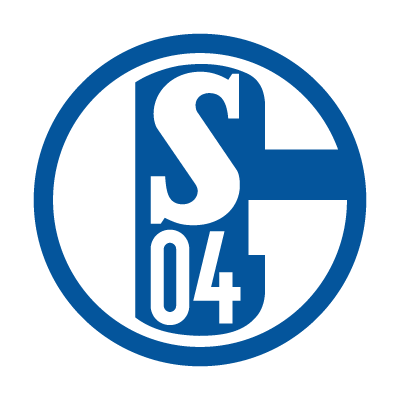
- .AI (309.42 KB)
- 324 times
logoEPS \ Free Vector Logo \ Sports \ FC Schalke 04 logo vector

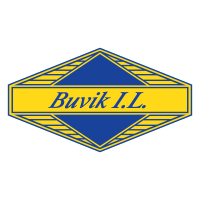 Buvik IL logo vector 144
Buvik IL logo vector 144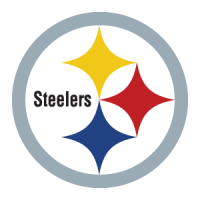 Pittsburgh Steelers logo vector 3,015
Pittsburgh Steelers logo vector 3,015 Denver Nuggets logo vector 1,453
Denver Nuggets logo vector 1,453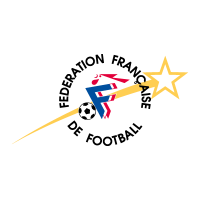 Federation Francaise de Football (1919) logo vector 88
Federation Francaise de Football (1919) logo vector 88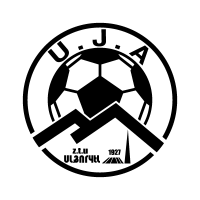 UJA Alfortville (Old) logo vector 76
UJA Alfortville (Old) logo vector 76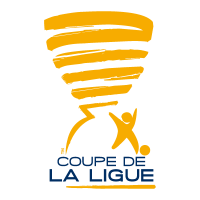 Coupe de la Ligue logo vector 126
Coupe de la Ligue logo vector 126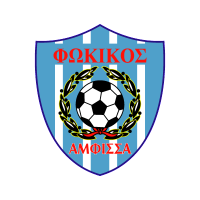 AS Fokikos logo vector 93
AS Fokikos logo vector 93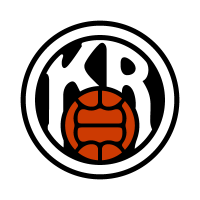 KR Reykjavik logo vector 180
KR Reykjavik logo vector 180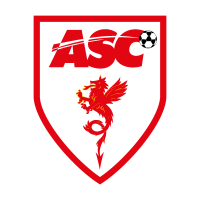 AS Cannes logo vector 106
AS Cannes logo vector 106 Wilson logo vector 2,041
Wilson logo vector 2,041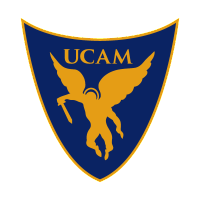 UCAM Murcia C. de F. logo vector 122
UCAM Murcia C. de F. logo vector 122 K. Standaard Wetteren logo vector 75
K. Standaard Wetteren logo vector 75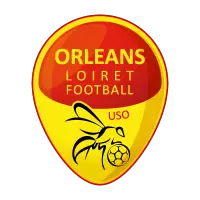 US Orleans Loiret logo vector 123
US Orleans Loiret logo vector 123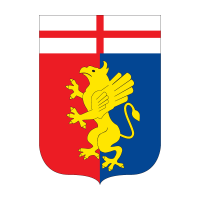 Genoa logo vector 198
Genoa logo vector 198 Z Racing logo vector 94
Z Racing logo vector 94Vector logo are important design elements frequently used by designers everyday. A better search engine for vector logo with a complete collection and flexible searching capabilities is not available.
Logo EPS is the world’s largest library of brand logos in vector format available to download for free. It enables you to quickly find the logo vector files you need by browsing or search through the entire collection of more than 200,000 vector logos.